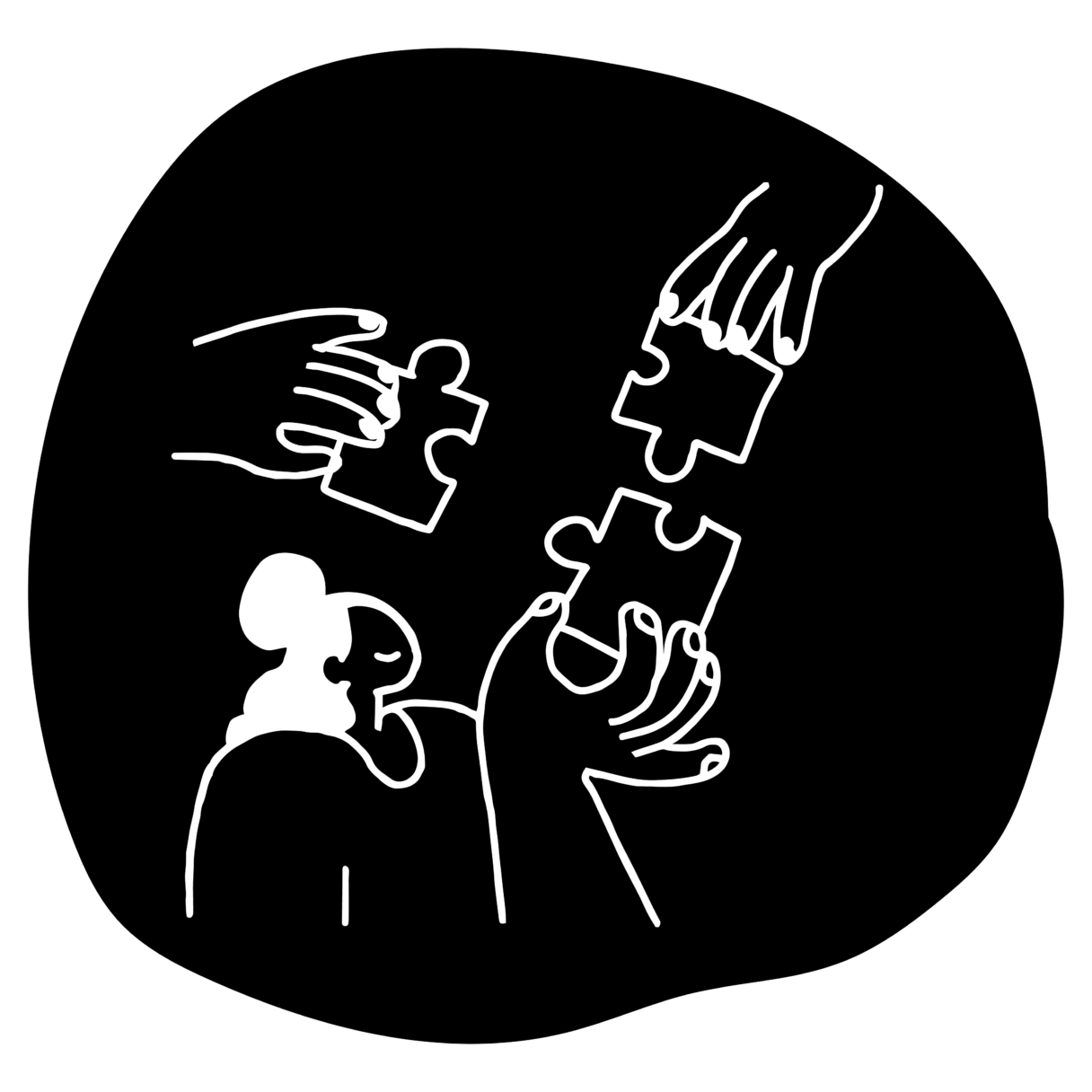
Have you heard of SearchGPT? If so, you’ve probably also heard speculation that it will be the biggest challenger to Google.
And therefore, it is a natural reaction to worry about whether all the efforts you have made with search engine optimization (SEO) may be wasted if, over time, users no longer want to use Google as their preferred search engine.
And what about my Google Ads ads – nobody sees them either, if Google is no longer used by the majority?
But don’t worry – Before you panic about your investments in SEO and Google Ads, let’s look at SearchGPT – and what impact it can have on the effect of your marketing on Google.

What is SearchGPT?
SearchGPT is OpenAI’s latest addition: their future AI-powered search engine.
Traditional search engines like Google present you with a series of links in the search results that relate to your search – ranked according to an advanced algorithm.
SearchGPT is 100% AI-powered and delivers up-to-date answers and information based on real-time data from all over the internet – without showing you a search results page like on Google.
If you have follow-up questions, you can ask them, as SearchGPT functions as a kind of conversational search engine. All answers are documented with links – and related links are displayed in a sidebar.
With the aim of bringing more quality to the search results and respect for journalism – as well as putting users in direct contact with content creators – they collaborate with news media, publishers and content creators. However, not all news media want their articles as a source for SearchGPT’s answers.
Initially, the search engine will also operate without advertisements, and user data is therefore not possible to use for advertising purposes.
At present, the search engine is only a prototype and is being tested by 10,000 users. With the limited availability, OpenAI tests and adjusts in a closed environment to be able to provide the most reliable and accurate results for when the search engine becomes available to the rest of the world.
Over time, the plan is to integrate the search engine into ChatGPT.

Google vs. SearchGPT
So how do Google and SearchGPT stack up against each other?
It’s no secret that Google sits on the throne of the search engine market. Over 90% use Google as their preferred search engine. And as it always is for those in power, eventually they will face challengers who may change the balance of power.
This is not the first time, nor will it be the last time, that this happens to Google. And a strong player like OpenAI with SearchGPT can potentially help create a more competitive market.
SearchGPT can attract users with current answers based on AI and real-time data, ad-free searches and greater privacy. But Google still has a clear advantage when it comes to local searches and business.
And should SearchGPT be successful, we still must expect that it will take a very long time for users to adopt this new technology and directly change search behavior.

AI search engines are not a new phenomenon
However, SearchGPT is not the only AI-powered search engine that has cast ominous shadows over Google. Already back in 2022, Perplexity was launched and today they have 10 million active monthly users. A search engine that more or less offers the same as SearchGPT, and which is already a billion-dollar business with investors such as Amazon’s Jeff Bezos.
Despite this, Google still sits on the largest market share.
Google also has its own similar AI tool – Google Overview – which offers direct answers to a search. However, there has been some complications when it first saw the light of day. Maybe you’ve heard of non-toxic glue on pizza to keep the cheese from sliding off. Not the most auspicious start for the new tool, which now appears only rarely among searches. Still, it may be the first sod for a counterpart to what SearchGPT offers.

So, what now?
Take a deep breath. Google has faced competitors for years, and even if SearchGPT ends up being a concrete threat, nothing will happen right away.
In addition, Google is constantly working on new elements that can optimize the search engine and results. So, when SearchGPT at some point sees the light of day, Google could potentially have an update or new solution just around the corner.
Ergo, Google is not closing today – or anytime soon.